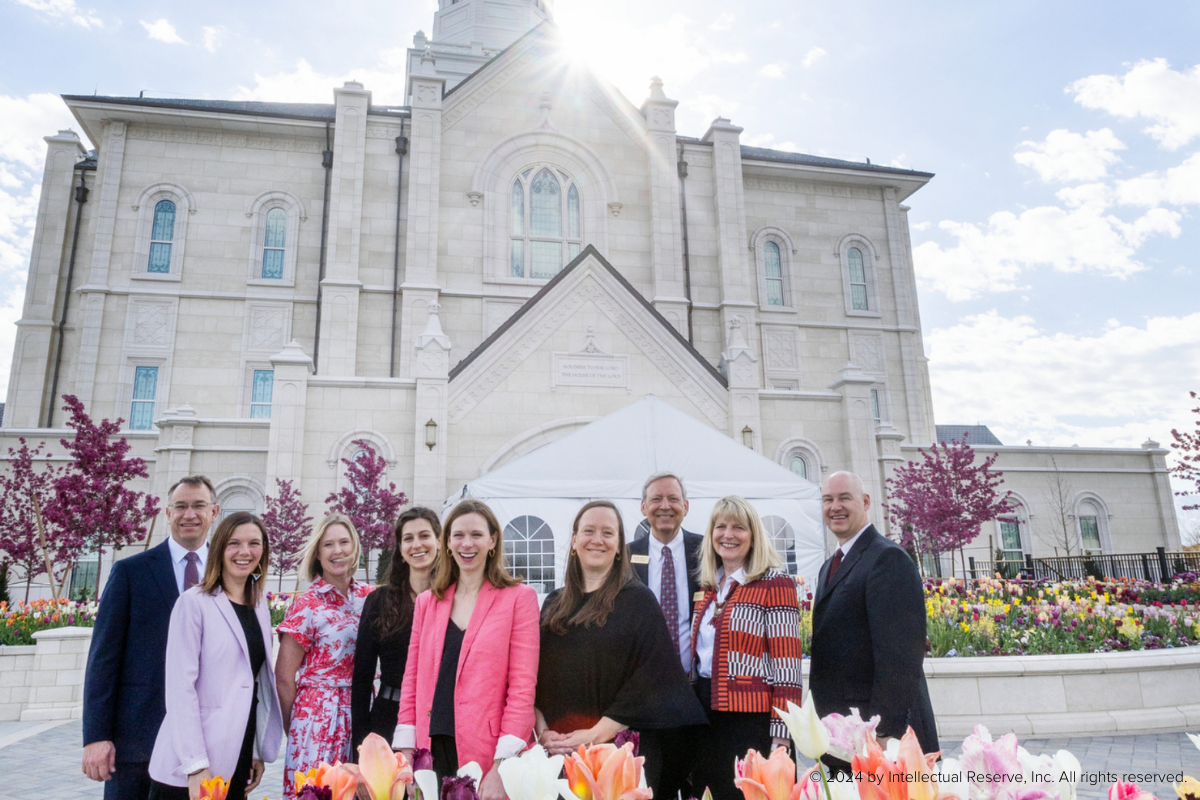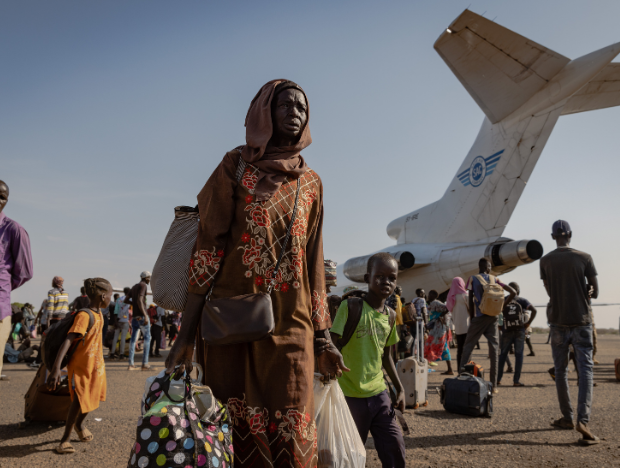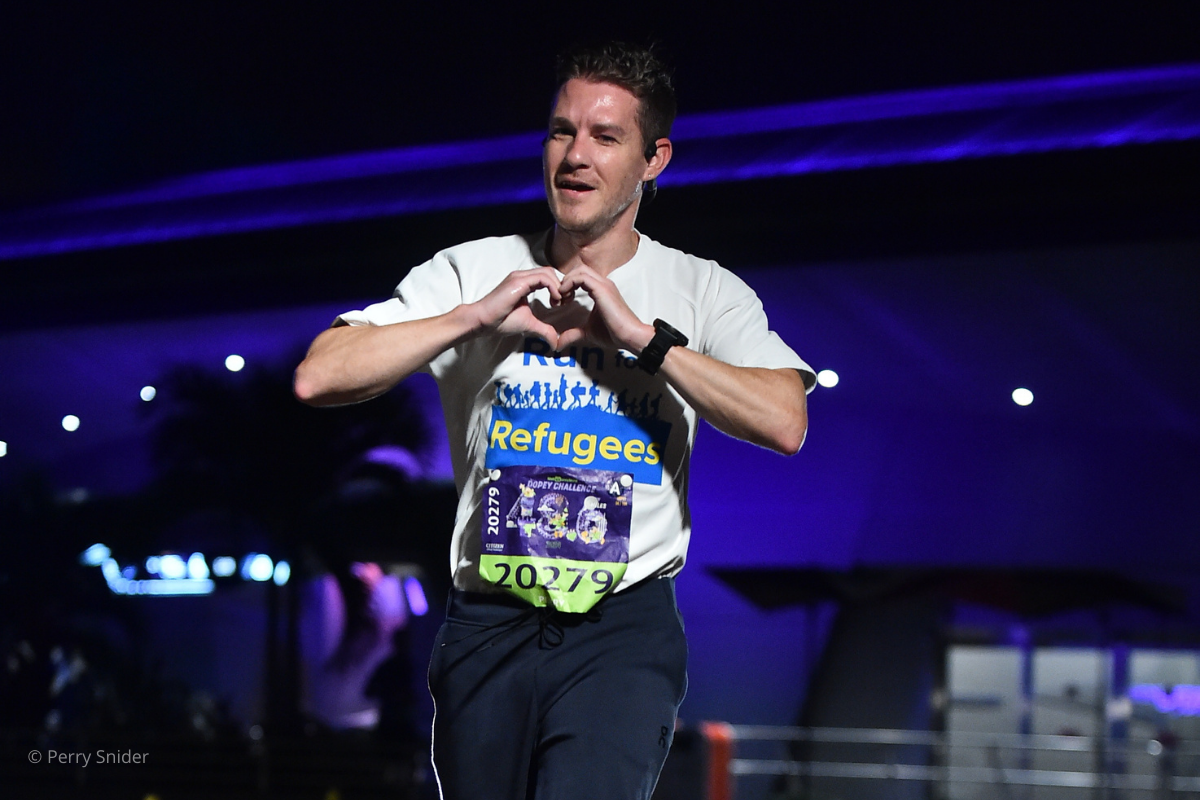Global repercussions of the war in Ukraine: 5 critical UNHCR operations in the spotlight
The crisis in Ukraine is giving rise to significant impacts for forcibly displaced people around the world. Supply chain disruptions and sharp increases in price for food, fuel and fertilizers triggered by the war are already increasing social tension and eroding resilience, particularly among the most vulnerable. As prices rise and conditions worsen, refugees and internally displaced people may experience further displacement, increased protection and assistance needs and significant rates of gender-based violence and other forms of exploitation and abuse. These trends will have far-reaching consequences on UNHCR’s operations and ability to avert worsening humanitarian needs.
Highlighted below are five operations particularly exposed to the ripple effects of the Ukraine crisis, largely because they are consistently underfunded year after year.
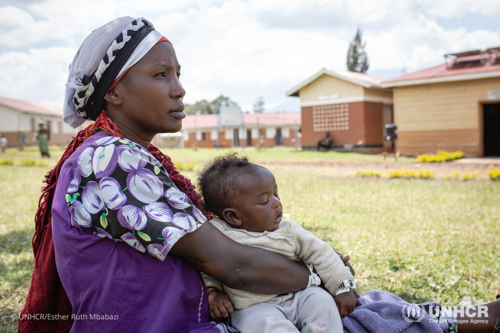
1. Uganda
Budget: $343 million
Voluntary contributions as of May 2022: 16%
Funding gap: $287 million
Uganda is Africa’s largest refugee-hosting country and receives new refugees daily. The country already hosts over 1.5 million refugees in dedicated settlements, who can access the same health centers and schools as host communities. In 2021, however, COVID-19, school closures and underfunding limited UNHCR’s capacity to provide critical protection services such as registration, child protection, community-based protection and basic humanitarian assistance.
The deteriorating situation was worsened by an influx of over 60,000 refugees in the first six months of 2022. With current funding, UNHCR does not have the capacity to cover emergency lifesaving needs without diverting critical resources from its already underfunded work in existing settlements.
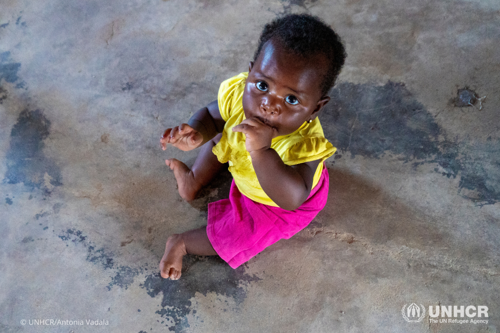
2. The Democratic Republic of the Congo
Budget: $225 million
Funding: 16%
Funding gap: $188 million
Wracked by decades of war, the DRC is stabilizing after elections in 2019 but continues to face socioeconomic problems. Around 73 percent of the population live in poverty and 27.3 million people are food insecure. Although the crisis has been ongoing for decades, the humanitarian response remains severely underfunded.
UNHCR’s funding in 2022 in the eastern provinces decreased by 46 percent compared to 2021, despite a worsening protection and security environment with recurrent displacement emergencies.
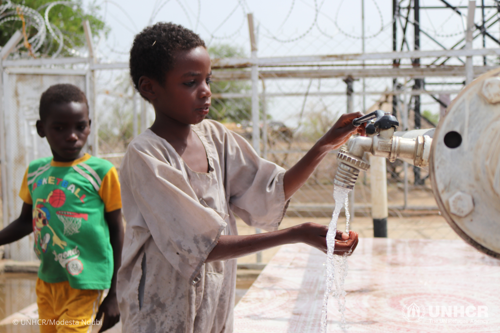
3. Sudan
Budget: $349 million
Funding: 17%
Funding gap: $291 million
In Sudan, insecurity and displacement increased following the withdrawal of peacekeeping teams in 2021 while competition for land and water, lack of jobs and other socioeconomic factors continues to drive violence. Amidst political uncertainty, there is increased pressure on humanitarian agencies to meet the increasing needs of displaced and local communities.
Funding remains critical for UNHCR to provide adequate protection programming, including gender-based violence and child protection services to refugees across the country. With limited opportunities for resettlement or complementary pathways, the need for community-based support projects that provide health and education, shelter, livelihood opportunities and the development of return areas will continue.
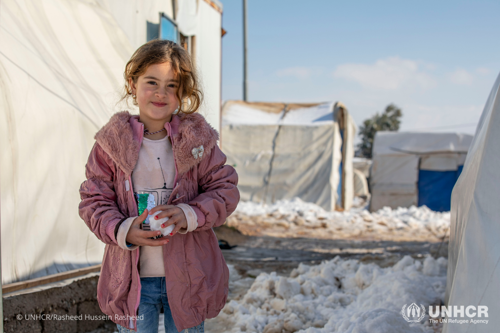
4. Iraq
Budget: $347 million
Funding: 18%
Funding gap: $283 million
In Iraq, three years of relative stability and a recovery from the peak of the pandemic offer hope for more than 1 million displaced Iraqis to return home and to rebuild their lives. However, there are major risks for returnees such as an unpredictable political and economic outlook and a complex security environment, including sporadic ISIL attacks.
Syrian refugees in Iraq remain economically vulnerable, weighed down under the pressure of debt, rent and food costs, but underfunding means there is a shortage of cash assistance. Resettlement is also desperately needed, worsened in 2021 by COVID-19 travel restrictions. UNHCR estimates that 59,000 refugees will need resettlement in 2023, 19 percent of the currently registered population of refugees and asylum seekers.
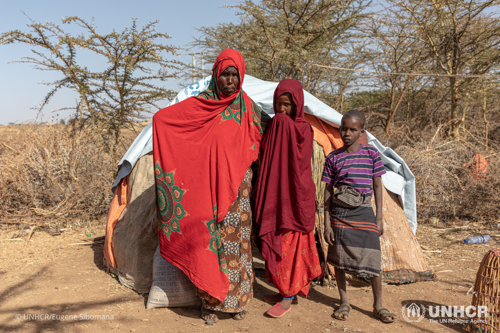
5. Ethiopia
Budget: $335 million
Funding: 20%
Funding gap: $269 million
Ethiopia, a longstanding refugee host country, is suffering one of the world’s most acute displacement emergencies. A conflict that erupted in late 2020 has since spread to a number of regions, creating huge internal displacement and sending refugees into Sudan. Humanitarian access and basic services available to the displaced have both been extremely limited.
The volatile security situation in the north of Ethiopia and beyond continues to hinder UNHCR’s work, while the country also grapples with the devastating effects of drought. There is ongoing internal displacement, with UNHCR able to reach over 2 million people with emergency items, shelter and protection services in 2022 to date. Conflict has also forced refugees who had been in well-established camps to flee to safe areas, requiring considerable investments in new sites.
How you can help…
UNHCR can play a critical role in averting worsening humanitarian needs but significant help is needed, and it is needed urgently. Your compassionate support helps provide emergency supplies, lifesaving care and protection to families who have fled for their lives. By becoming USA for UNHCR’s newest monthly donor, you can support refugees and IDPs in their ongoing journey to find safety and hope.
